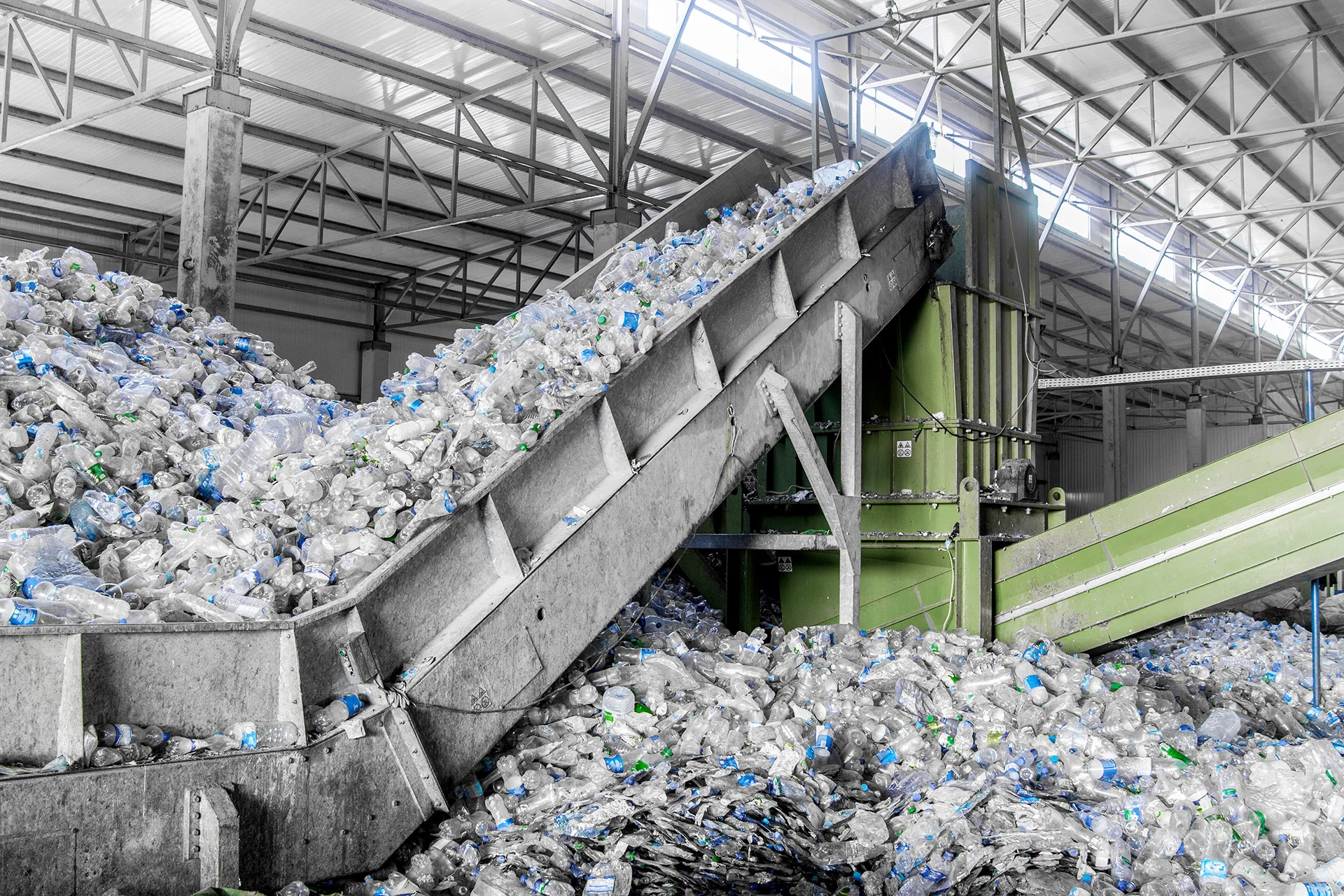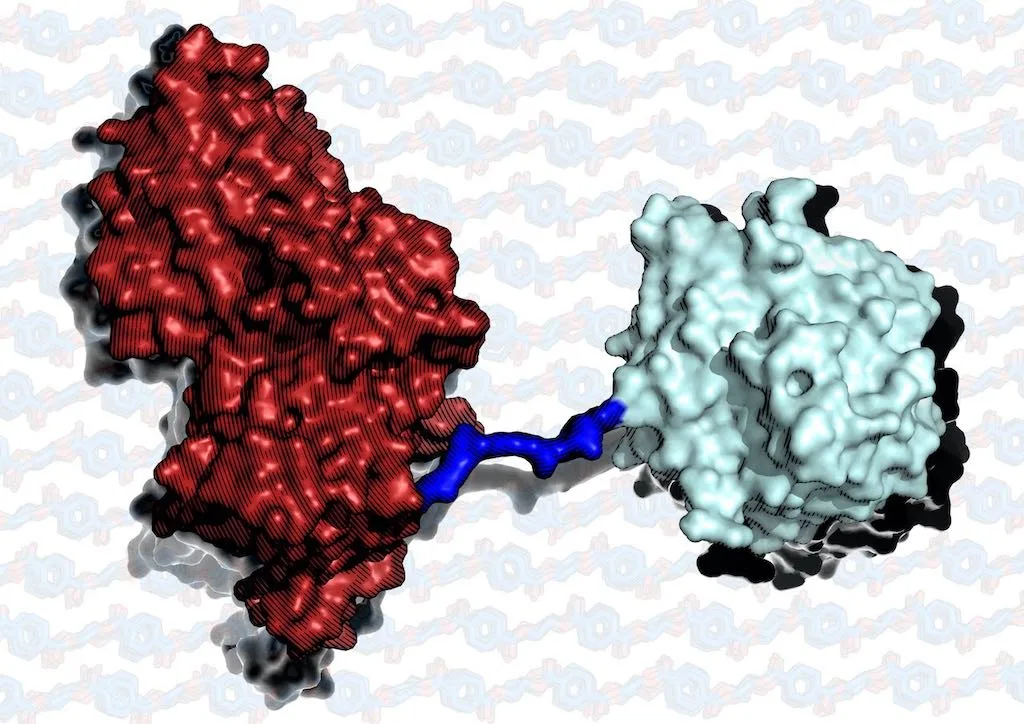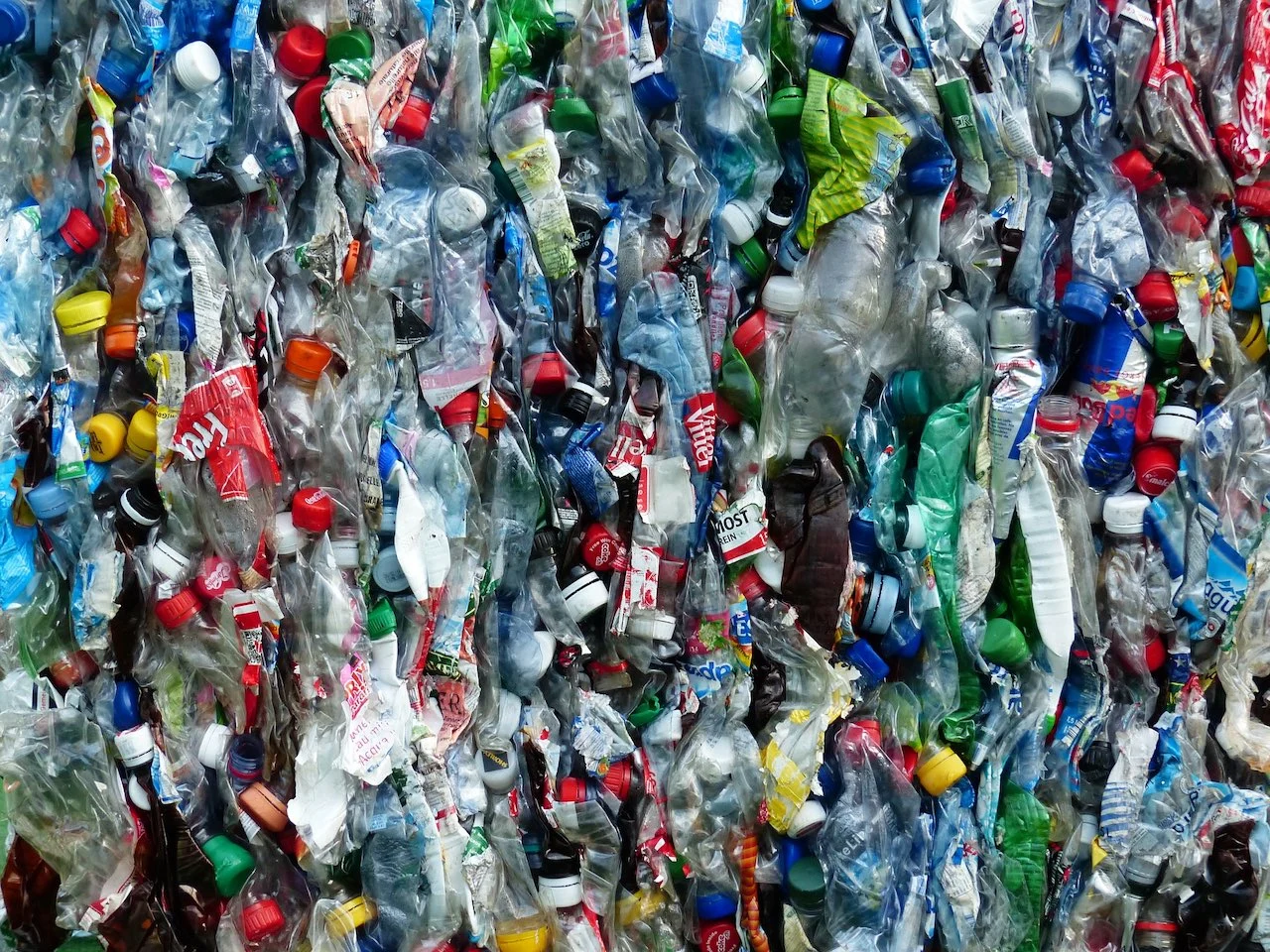
New enzyme ‘cocktail’ can break plastic down within hours
Researchers believe this new super enzyme can disintegrate plastic within a matter of hours.
The debate on plastic pollution may have just found a new tool to combat the ever-growing environmental problem.
A group of University of Portsmouth researchers, who previously re-engineered a plastic-eating enzyme, PETase, have now merged PETase with the newly discovered MHETase, in order to speed up the breakdown process, according to a press release from the University of Portsmouth.
SEE ALSO: Would these extreme laws against plastic use work in Canada?
The resulting enzyme ‘cocktail,’ or super enzyme, can digest plastic up to six times faster. The altered protein consists of two enzymes generated by a type of bacteria that feeds on plastic bottles, called Ideonella sakaiensis. The enzyme merger may have significant ramifications for recycling polyethylene terephthalate (PET), the polymer resin most commonly used in single-use drinks bottles, carpets and clothing.
The discovery of PETase gave a much-needed boost in the plastic recycling process, as PETase on its own is 20 per cent faster at breaking down PET. But the PETase-MHETase combination breaks down PET twice as fast as PETase does independently, while the connected enzymes increase the speed by an additional three times.

MHETase. Photo: Aaron McGeehan.
While PET takes hundreds of years to break down in the environment, PETase on its own can transform the plastic back to its building blocks in a matter of days. While the University of Portsmouth scientists are reluctant to specify a timeframe on how quickly the enzyme cocktail will break down PET, they believe it can happen within hours, according to the school’s media spokesperson.
The group who manufactured the enzyme pairing was co-led by scientists who engineered PETase, including professor John McGeehan, director of the Centre for Enzyme Innovation (CEI) at the University of Portsmouth, and Dr. Gregg Beckham, senior research fellow at the National Renewable Energy Laboratory (NREL) in the U.S.
“Our first experiments showed that they did indeed work better together (PETase and MHETase), so we decided to try to physically link them, like two Pac-men joined by a piece of string,” said McGeehan, in the news release.
“It took a great deal of work on both sides of the Atlantic, but it was worth the effort – we were delighted to see that our new chimeric enzyme is up to three times faster than the naturally evolved separate enzymes, opening new avenues for further improvements.”
HOW THE SUPER ENZYME WILL WORK
PETase and the new MHETase-PETase merger work by digesting PET plastic, bringing it to its original building blocks, allowing for plastics to be made and re-used.
McGeehan used the Diamond Light Source, a machine that uses X-rays 10 billion times brighter than the sun to be able to see individual atoms, to map the molecular structure of MHETase.

The new enzyme ‘cocktail,’ or super enzyme, can digest plastic up to six times faster. Photo: Pixabay.
This method is a common practice in the biofuels industry, which uses enzymes to collapse cellulases, but McGeehan stated this is the first he is aware of merging enzymes to break down plastic.
The complete study was published Monday, Sept. 28 in the journal Proceedings of the National Academy of Sciences of the United States of America.
Thumbnail courtesy of Pixabay.
Sources: CNN | University of Portsmouth










